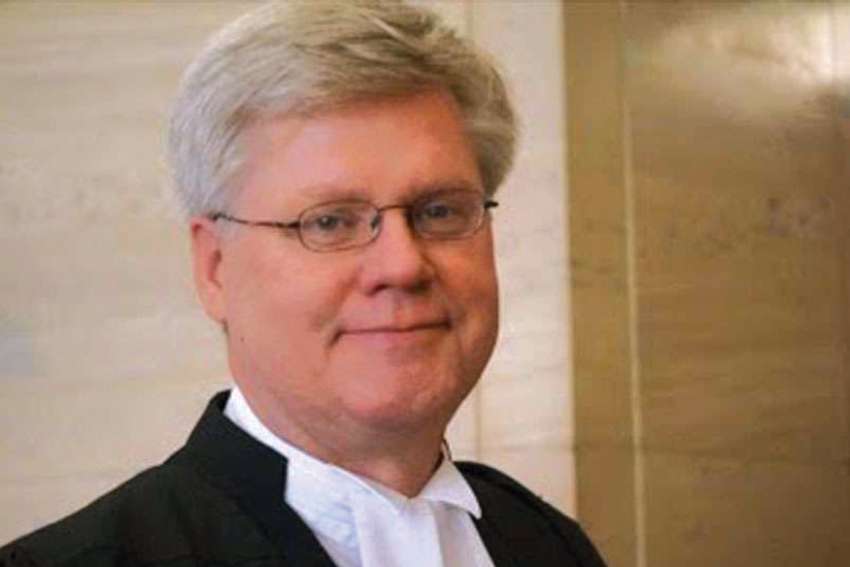Philip Horgan, an Ontario-based lawyer, called these unprecedented times as countries across the globe try to staunch the spread of COVID-19. He said faith communities should play a part in helping to contain the virus.
“In the current environment all of the intentions of the limits on large gatherings is to decrease the increasing onslaught of disease,” Horgan said.
Concerns about religious freedom in light of government and public health requests to limit the size of public gatherings are not warranted at this time, he said.
“There are other ways that people can practice their faith and churches will have to adjust as this situation goes on,” he said.
He compared it to how churches comply with other safety and health regulations.
“Cities have fire regulations about how many people can be in a building and churches of course follow those regulations,” he said. “This is not some effort on the part of government to deny people their right to worship.”
Horgan is hopeful practices such as social distancing and size-limited gatherings will be short-lived inconveniences, although this may be the new normal for months to come.
“I have a suspicion that we are going to be facing this issue for six to 12 months,” he said. “This is not something that you do for a couple of weeks and then the virus goes away.”
Although federal and provincial governments have not instituted punitive measures for Canadians who try to gather in public — unlike countries such as Italy and Spain — Prime Minister Justin Trudeau has called on Canadians to make sacrifices for the common good.
At a March 16 press conference in front of his Ottawa home, where he has been in isolation ever since his wife Sophie Gregoire-Trudeau tested positive for COVID-19, Trudeau said Canadians “as much as possible, should stay at home.”
He announced measures that include a ban on all non-Canadians except for Americans from entering Canada.


